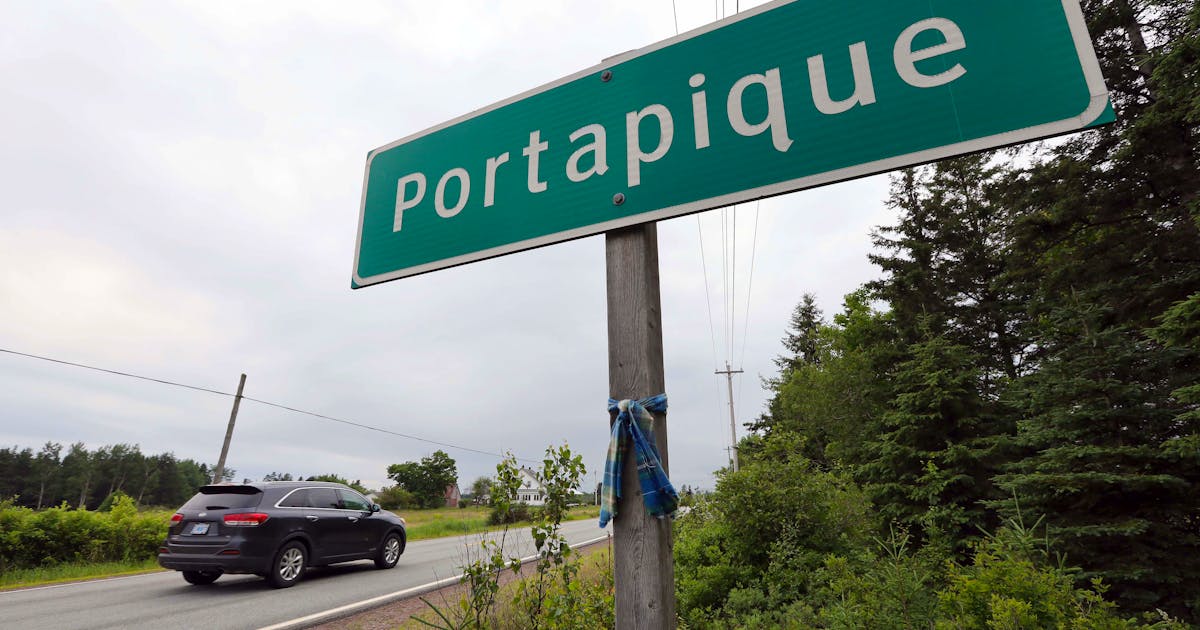Booter
Army.ca Veteran
- Reaction score
- 2,161
- Points
- 1,010
I’ve trained hundreds, if not thousands, of officers of all levels in firearms, if you include training them in scenarios making decisions I did around two thousand a year for a few years. Several agencies.
I’m aware of the limitations of training time, logistics, and operations.
You can tell me what’s not okay- i actually agree. But I’m telling you that the law and government has decided that for you already- your bone is with them. Canada has accepted “meh” as a standard. The saving grace is- most members want to do better than that. But if you want to meh and get paid- you can.
I’ll make pipe hitters out of anyone you want- but it takes time, money, bodies. I’m not in recruiting. I’m just some senior smuck. I advise and then I make it work.
Like you make it sound like it’s that easy. There are detachments that risk out their annual bare vanilla firearms quals because of the logistics. It’s less common than it was but bet your ass it’s still out there. I would love to be having this talk over a beer instead- I would blow your mind with what things actually roll out like once you get away from capital cities. And it’s a lot of people trying to make it work.
That too comfy relationship at the top is part of the problem in my uneducated opinion.
Mario- medical is still every three for regular guys. Tactical Specialties are annual and they also enforce their physical testing,
I’m aware of the limitations of training time, logistics, and operations.
You can tell me what’s not okay- i actually agree. But I’m telling you that the law and government has decided that for you already- your bone is with them. Canada has accepted “meh” as a standard. The saving grace is- most members want to do better than that. But if you want to meh and get paid- you can.
I’ll make pipe hitters out of anyone you want- but it takes time, money, bodies. I’m not in recruiting. I’m just some senior smuck. I advise and then I make it work.
Like you make it sound like it’s that easy. There are detachments that risk out their annual bare vanilla firearms quals because of the logistics. It’s less common than it was but bet your ass it’s still out there. I would love to be having this talk over a beer instead- I would blow your mind with what things actually roll out like once you get away from capital cities. And it’s a lot of people trying to make it work.
That too comfy relationship at the top is part of the problem in my uneducated opinion.
Mario- medical is still every three for regular guys. Tactical Specialties are annual and they also enforce their physical testing,



